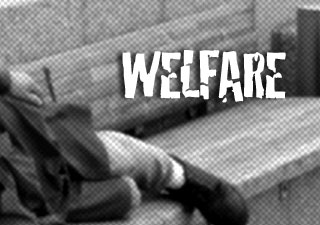句子:他随时准备为公益而牺牲个人利益。
误译:He is always ready to sacrifice his personal interest for public good.
正译:He is always ready to sacrifice his personal interest for public welfare.
解释:作为名词,good 有两个意思:一是好处、益处、利益;二是商品、产品等。public good 不是“公共利益”。public good 与 private good 相对立,前者是“公共物品”,后者是“私人物品”。如:
公共物品的最佳实例之一是国防。

One of the best examples of a public good is national defense.
“公益”的意思是“公共利益,多指卫生、救济、慈善等群众福利事业”。可译为 public welfare, public benefit, public interest, general welfare, common well-being, commonweal。如:
这位慈善家每年都筹集固定数额的基金用于公益。
The philanthropist annually raises a fixed amount of fund for public welfare.
“公益事业”可译为public service, public welfare undertaking。如:
姚明还投身慈善工作和公益事业,成为一个著名的体育明星。
Yao Ming has also thrown himself into charity work and public service, and become a famous sports celebrity.
“公益广告”可译为 public service advertisement, public welfare ad。如:
广告可以分为商业广告和公益广告。
Advertisements can be divided into commercial advertisements and public service advertisements.
“有公益精神的”或“热心公益的”可译为 public-spirited。如:
她是一个热心公益的人,急切纠正那些我们都看得见但是容易忽视的错误行为。
She is a public-spirited person who is eager to correct the wrongs that we all see but we easily overlook.
相关阅读
(来源;新浪教育 作者:王逢鑫 编辑:崔旭燕)